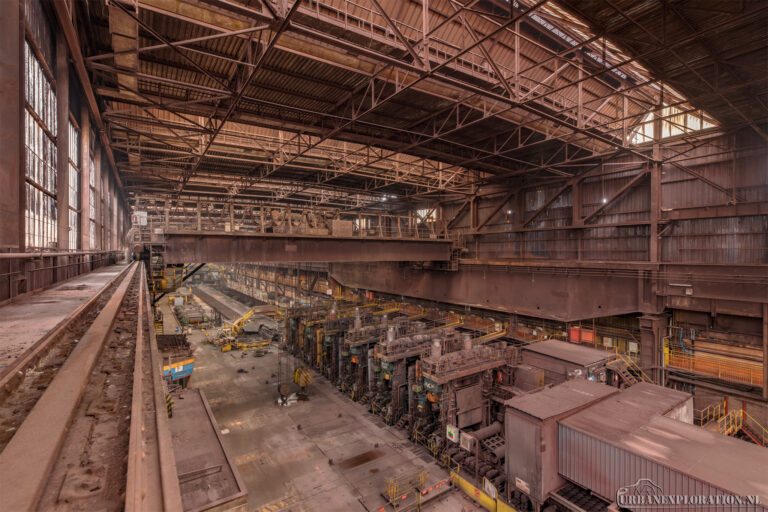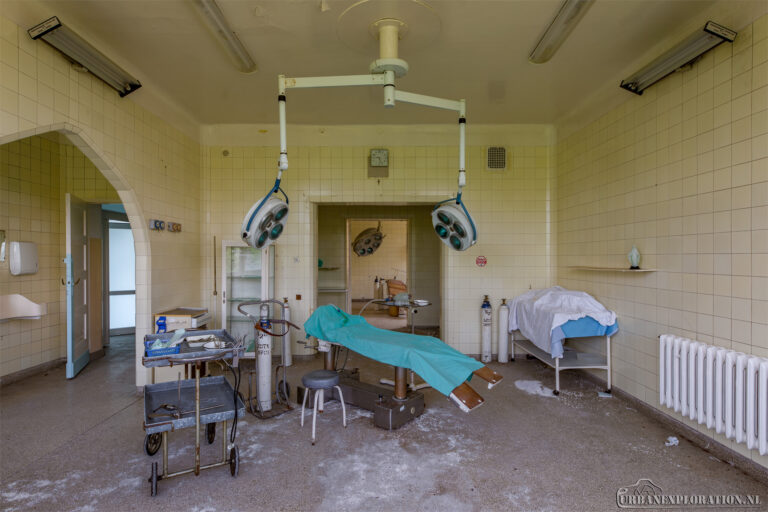Gail’sche Dampfziegelei und Thonwaarenfabrik
At the end of the 19th century, a new factory was opened on the outskirts of Gießen, which quickly grew into one of the city’s largest employers. The site lay directly alongside the railway, making it easy to transport both raw materials and finished products. Local clay formed the basis of production: high-quality tiles, ceramics, and architectural elements that found their way into prestigious construction projects, swimming pools, and public buildings throughout Germany and far beyond.
The complex consisted of multiple production halls with ring and tunnel kilns, complemented by workshops, a canteen, and even housing for the workers. There was even a dedicated railway stop for employees, so the factory functioned almost like a small community of its own.
Its growth was remarkable, and the factory’s name became synonymous with quality. Major projects such as the Elbe Tunnel in Hamburg and the Olympic swimming pools in Munich and Melbourne were clad with tiles that originated here.
But like many industries, this company was not immune to hardship. During the Second World War, the site was heavily damaged by bombing. Although production resumed afterwards, the glory days were slowly fading. The world was changing, competition increased, and by the end of the 20th century the factory had fallen into financial difficulties. In the 1990s, it finally closed its doors, and production ceased for good.
- Visited - February 2020
- Defunct - 1997
- Status - Demolished
- Country - Germany




































